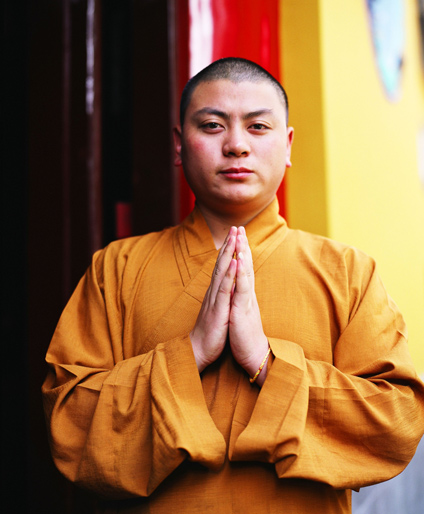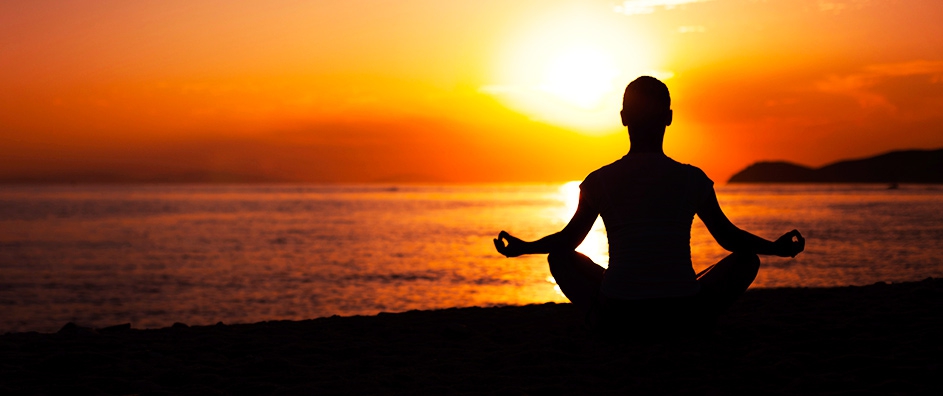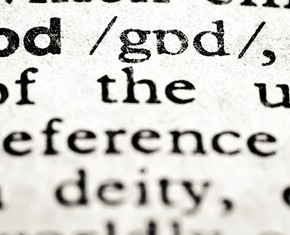The views expressed in our content reflect individual perspectives and do not represent the authoritative views of the Baha'i Faith.
O SON OF SPIRIT!
Noble have I created thee, yet thou hast abased thyself. Rise then unto that for which thou wast created. – Baha’u’llah, The Hidden Words, p. 9.
The beautiful concept of human nobility runs throughout the Baha’i teachings:
…all things, in their inmost reality, testify to the revelation of the names and attributes of God within them. Each according to its capacity, indicateth, and is expressive of, the knowledge of God. So potent and universal is this revelation, that it hath encompassed all things, visible and invisible…. Man, the noblest and most perfect of all created things, excelleth them all in the intensity of this revelation, and is a fuller expression of its glory. – Baha’u’llah, The Kitab-i-Iqan, p. 102.
Unlike some religious dogma and tradition, the Baha’i teachings do not consider human beings inherently sinful, wicked or immoral. No Baha’i teaching exists that says people fell from grace in some former time. And Baha’is reject concepts like original sin, ancestral sin and collective guilt. Baha’is emphatically do not accept the idea that human beings are somehow innately bad or evil.
Instead, as this Hidden Word from Baha’u’llah indicates, Baha’is believe God has created humans as noble beings, inherently spiritual and filled with the potential for goodness.
The Baha’i teachings say that each of us has a dual nature. One of those two inclinations comes from the material world; from the natural animal instincts our bodies and their mammalian origins give us. The other natural inclination comes from the spiritual realm, and through its development we can awaken our inner potential and our higher instincts – love, lasting happiness, kindness, patience, hope, faith, etc.
We need both of these powers, as the Baha’i writings explain, to function in the world. And of course, this material existence can influence our characters negatively, leading to the over-expression of the lower nature and the suppression of the higher, spiritual one. Since our lower nature always desires the material pleasures and comforts of this world; and our spiritual nature yearns for the intangible, more highly-evolved benefits of love, selflessness and unity with others; Baha’is understand that each person has a built-in, daily struggle between our two internal forces. The ascendancy of our spiritual nature, Baha’u’llah tells us, defines our purpose here on Earth:
The Prophets and Chosen Ones have all been commissioned by the One True God, magnified be His glory, to nurture the trees of human existence with the living waters of uprightness and understanding, that there may appear from them that which God hath deposited within their inmost selves. As may be readily observed, each tree yieldeth a certain fruit, and a barren tree is but fit for fire. The purpose of these Educators, in all they said and taught, was to preserve man’s exalted station. – The Kitab-i-Aqdas, p. 139.
This Hidden Word, and its contrast between nobility and abasement, outlines the human dilemma. If we develop our spiritual side, we approach God. If we live for the physical aspects of the world alone, we run the risk of stunting our spiritual growth. If we desire only the material, we can descend into greed, cruelty and injustice, all the outcomes of our lower nature. If we live for the higher aims of life, we can gradually show forth our divine natures – love, mercy, kindness, truth and justice. All of our noble qualities and good habits belong to humanity’s spiritual nature, and all of our unhappiness, imperfections, sins and evil actions belong to our material nature. We each have the power, the free will and the continual duty to decide which path to follow.
 This concept, which runs throughout all of the Baha’i spiritual teachings, echoes the central Buddhist teachings of the Four Noble Truths, which all circle around the idea of dukkha, or human suffering. The teachings of Buddhism, much like the Baha’i teachings, point out that human existence always involves suffering; and that the only true remedy for the inevitable suffering of this material life is the development of spiritual nobility. Because of the unstable impermanence of all material happiness, Buddha and Baha’u’llah both tell us, the path to enlightenment involves rising toward our true spiritual destiny.
This concept, which runs throughout all of the Baha’i spiritual teachings, echoes the central Buddhist teachings of the Four Noble Truths, which all circle around the idea of dukkha, or human suffering. The teachings of Buddhism, much like the Baha’i teachings, point out that human existence always involves suffering; and that the only true remedy for the inevitable suffering of this material life is the development of spiritual nobility. Because of the unstable impermanence of all material happiness, Buddha and Baha’u’llah both tell us, the path to enlightenment involves rising toward our true spiritual destiny.
This profound spiritual advice – which every great Faith offers – asks us to lead a life that exalts our souls, rather than pursuing a material life that debases us. If our spiritual nature dominates, we can rise toward the light; and if our material nature dominates, if we reject our own souls, ignore God’s messengers and allow our lower desires to conquer us, then we can descend into darkness.
The development of our material nature has a built-in expiration date; while the development of our eternal spiritual nature has no time horizon. We can continue advancing, learning and developing spiritually across eternity – and the Baha’i writings ask us to endeavor to let our spiritual development progress, unceasingly and with tireless energy. When we work to increase our spiritual susceptibilities, to grow our souls, and to widen our spiritual horizons, we advance our eternal existence and invest in the future of our forever.
Download the free The Hidden Words eBook.
















Comments
Sign in or create an account
Continue with Googleor